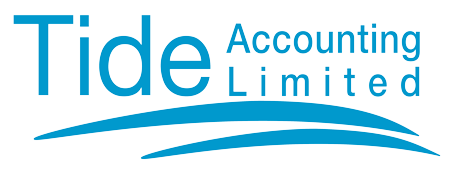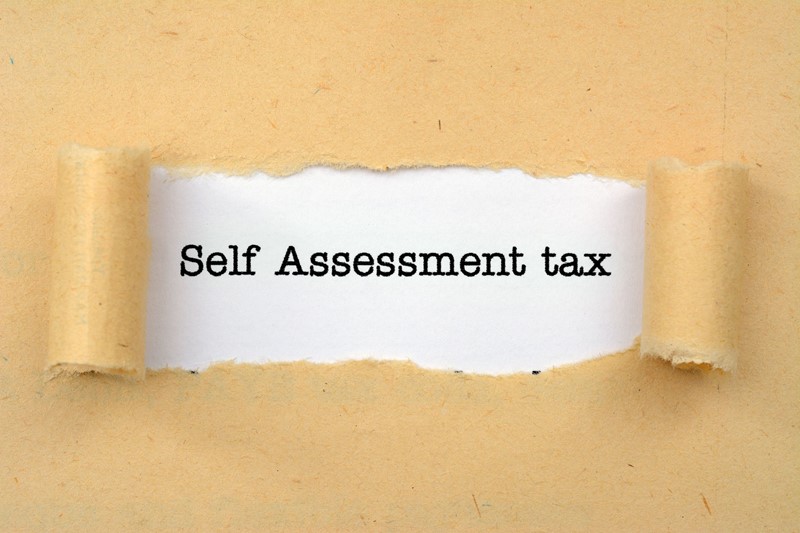There are a number of reasons why you might need to complete a Self-Assessment return for the first time. This includes if you are self-employed, have an annual income over £100,000 and / or have income from savings, investment or property.
Taxpayers that need to complete a Self-Assessment return for the first time (for the 2022-23 tax year) should inform HMRC as soon as possible. The latest date that HMRC should be notified is by 5 October 2023.
HMRC has an online tool www.gov.uk/check-if-you-need-tax-return/ that can help you check if you are required to submit a Self-Assessment return.
The following list summarises some of the reasons when taxpayers are usually required to submit a Self-Assessment return:
- newly self-employed (earning more than £1,000);
- individuals with multiple sources of income;
- taxpayers that have received any untaxed income, for example earning money for creating online content;
- individuals with income over £100,000, and note, that from tax year 2023-24 the Self-Assessment threshold for individuals taxed through PAYE only, will change from £100,000 to £150,000;
- those who earn income from property that they own and rent out;
- who are a new partner in a business partnership;
- taxpayers whose income (or that of their partner’s) was over £50,000 and one of you claimed Child Benefit;
- those receiving interest on savings or investment income of £10,000 or more before tax;
- taxpayers who made profits from selling things like shares, a second home or other chargeable assets and need to pay Capital Gains Tax; and
- taxpayers who are self-employed and earn less than £1,000 but wish to pay Class 2 NICs voluntarily to protect their entitlement to State Pension and certain benefits.

